Film Reviews
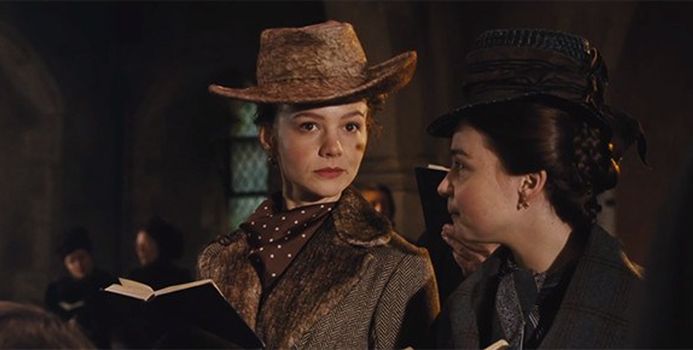
Every now and again, a movie adaptation of a novel is made by the perfect directorial fit for the source material, that helps it stay true to the original text and create a new visionary approach that helps it stand on its own two feet as a distinctive work of art. Danish director Thomas Vinterberg has had an eclectic career, yet is mainly renowned for his two emotionally fraught dramas about the devastating effects of child abuse, his 1998 debut Festen (The Celebration) and his previous feature, 2012’s magnificent The Hunt. These movies are excellent in how they don’t spare the viewer from the histrionic emotions that engulf the characters and completely ruin their lives – The Hunt, starring the always-fantastic Mads Mikkelsen as a primary school teacher wrongly accused of abusing a pupil, could easily draw comparisons with Thomas Hardy.
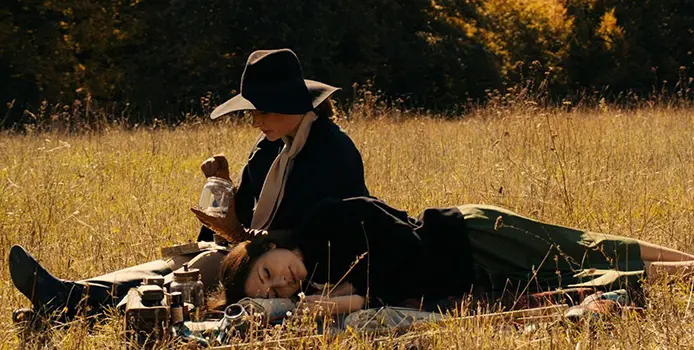
The Duke of Burgundy is that rare thing that almost every movie promises, yet fails to deliver: it is something that you’ve never seen before. It manages to say something universal about the politics and gender roles of relationships using the guise of lesbian sadomasochism, a subject I assume will be entirely alien to most viewers.
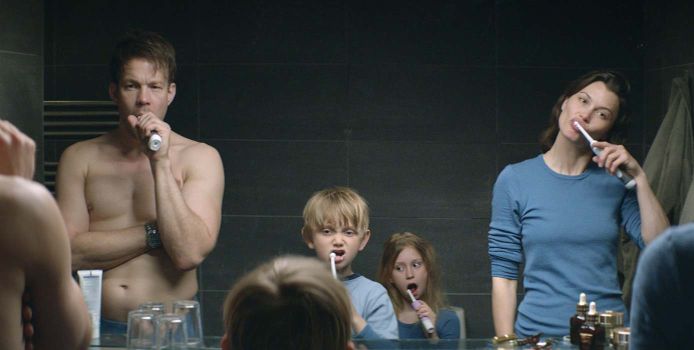
Fun relies on spontaneity. If you over-plan something, the less likely it is that people are going to have fun, because nothing will ever live up to expectations. Happiness equally relies on spontaneity and equally cannot be forced; the family in Force Majeure appear to be happy as the movie starts, yet look closely and you’ll see everything isn’t so straightforward.

There is no formula for making a perfect kids film, yet studios have set up entire animated devisions that churn out movies under the tried-and-tested “jokes for the parents and jokes for the kids” formula. The twin assumptions that filmmakers don’t feel children are sophisticated enough to understand certain jokes in a movie tailor-made for them and that parents also need to be pandered to in order for them to enjoy the film are relatively new. After all, back in the early days of silent cinema, most movies were experiences for the entire family, with everybody (no matter how young or old) being catered to equally.

Even though I may make it look like any idiot can do it, writing reviews is far from easy. The hardest things to review aren’t the plot-heavy science fiction movies or the obscure art house efforts with impenetrable plots like you would imagine – the most difficult movies to review are the films that are just plain boring. I watched Child 44 two days ago, where I made up 100% of the audience for that screening – in the two days since, I have found myself struggling to remember quite a lot of it.
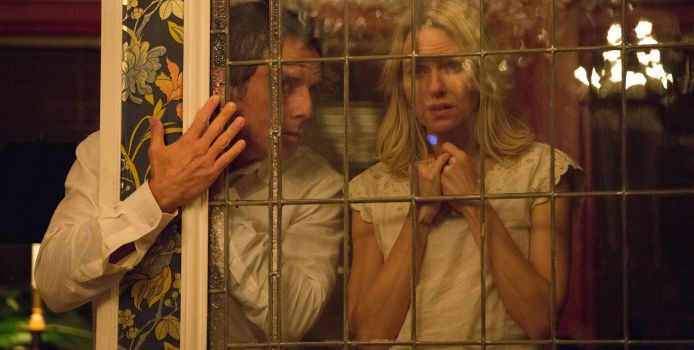
No matter how good their circumstances are, many young people wish they were born in a different time, in a different place, belonging to a different generation they believe they fit in with more. This is almost definitely due to the influence of pop-culture; the 80’s weren’t exactly the best time to live in, yet show a John Hughes movie to any impressionable teenager and they will almost definitely long to have lived in that time period. While We’re Young, the best film to date from director Noah Baumbach, takes a unique look at this theme in the space of one of the best movie montages in recent memory – whereas the young, hipster types long to live in an area of vinyls, VHS tapes and typewriters, the ageing are trying to stay relevant to today, filling their lives with useless technology in order to stay relevant in an ever changing society.

I sat down to watch independent, experimental film How the Sky Will Melt by Matthew Wade the other night with my fiance. Other than bragging about my fiance, I’m including him in the article because he is so very not like me. His favourite movies are comedies, he laughs at fart jokes, and I’m not sure he’s ever seen a David Lynch movie.
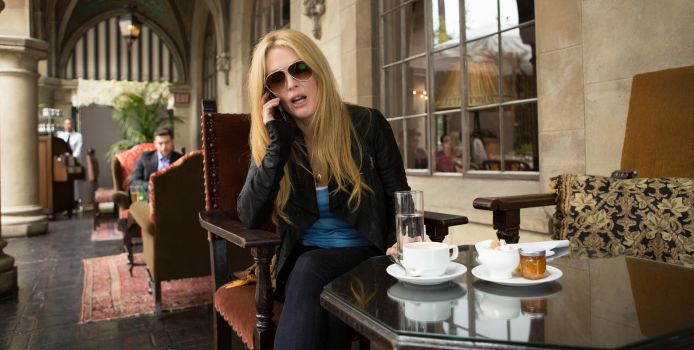
Maps To The Stars is about the aspects of Hollywood that, as a film fan, I‘d rather not think about. Written by the acerbic Bruce Wagner, it is about the cynicism of the industry, about the actors who are motivated by vanity and the money-minded executives who exploit them. These people’s heads have been long removed from their shoulders, their molly-coddled lives are run by other people as they incessantly try and top up their serotonin through drink, drugs, sex and bastardised spiritualism with increasingly less success.
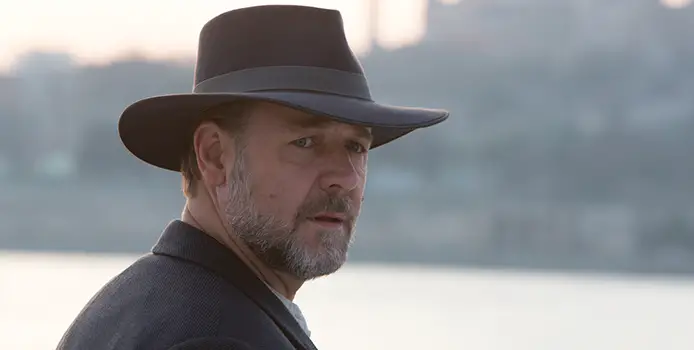
The problem with award shows of any kind is that you’ll always find yourself comparing the nominees to each other, regardless of how different they may be. However, this is infinitely more true of awards with tied winners. The two victors may be different in every conceivable way, but the fact that we have been told they are not just equally good, but equally the best, leads our minds directly to compare the two.

Rejoice, all, for love and magic have been made real again and no longer confined to shallow movies that preach the wrong topics filled with two dimensional protagonists that do nothing but fulfill ageless and traditional characterizations. Cinderella manages to be the most refreshing new Disney movie out, by paradoxically undergoing the least transformation. Directed by Kenneth Branagh with the utilization of his perfectly suitable Shakespearean mastery, and supported by a cast of actors and actresses that look like they came straight out of the storybook, Cinderella is a delightful reiteration of the classic story that we’ve all grown to know.

Without trying to simplify the cinematic output of an entire nation, it could be argued that there are only two types of British independent films. There’s the prestige fare, that depicts the lives of the upper classes and the monarchy (notable recent examples are The King’s Speech and The Theory of Everything), that are almost always boring, a smash-hit at the international box office, and a major awards contender. The other example is the polar opposite – dark, gritty dramas about the working classes that are never boring, but also never in contention for box office or awards success.
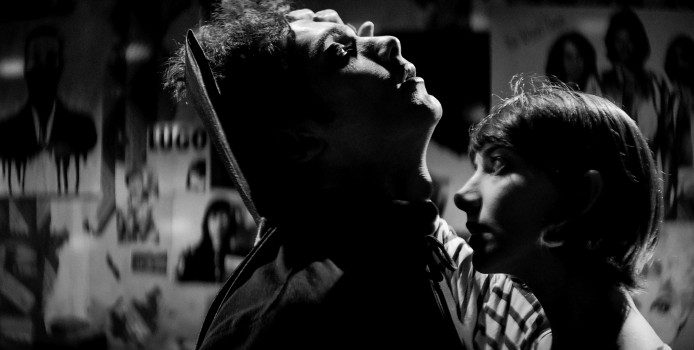
About 20 minutes into A Girl Walks Home Alone at Night, the local drug dealer, Saeed (Dominic Rains), takes a girl (Shelia Vand) back to his flat. His place is pretty pimped out. Think a toned-down version of Alien’s crib in Spring Breakers – the mounted animal heads, the fur carpets and nice furniture, the suitcase filled with drug money and coke lined up on the glass table next to it.




